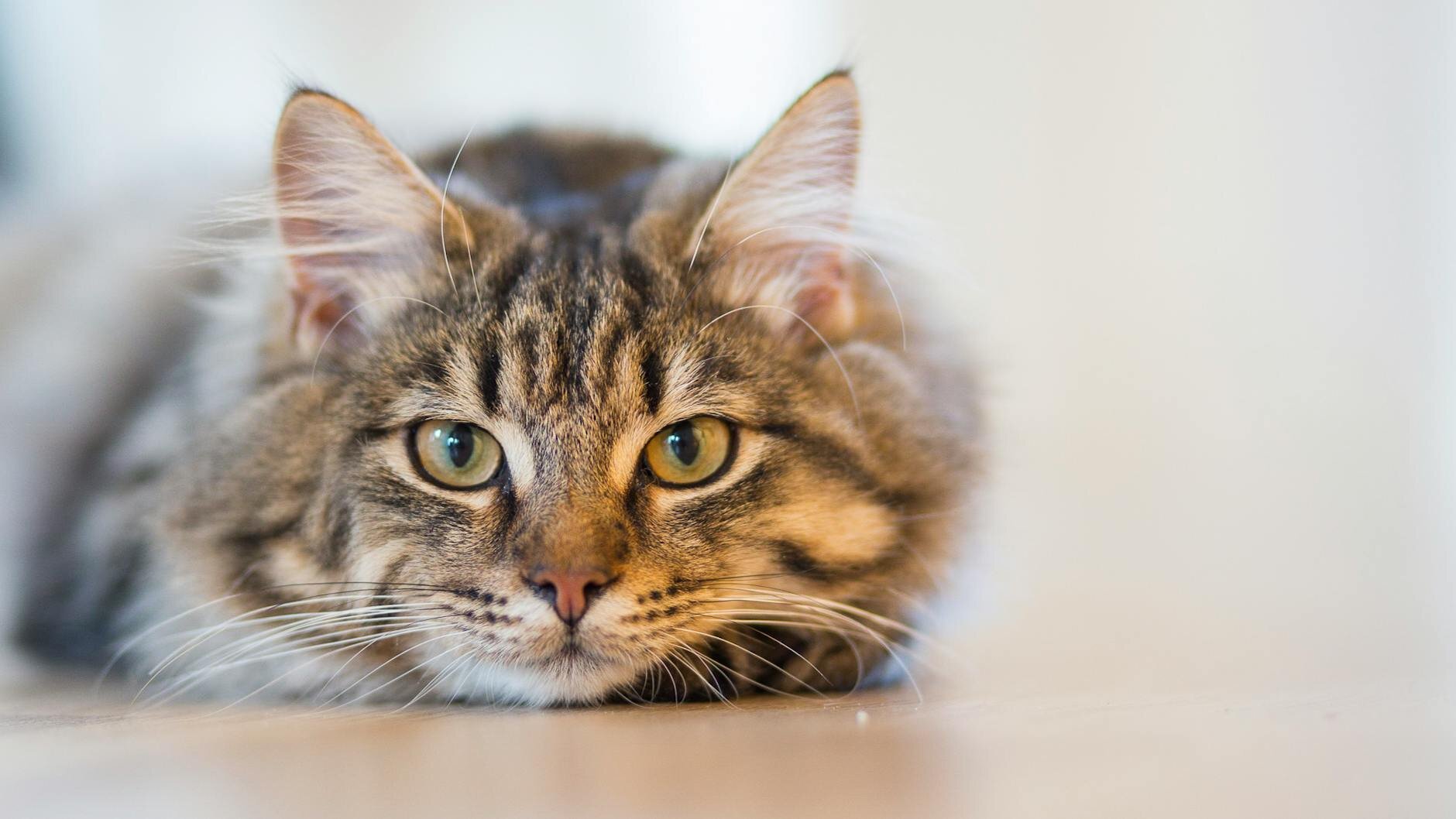Key qualities of kidney diets
- Controlled Protein Levels
Protein is essential for a cat's overall health, but when a cat has kidney issues, managing protein intake is crucial. High protein levels can produce more waste products, which the kidneys struggle to filter out. Foods such as Hill's Prescription Diet k/d contain optimal levels of high quality protein to provide all the essential amino acids cats need without overwhelming the kidneys.
Phosphorus is a key nutrient that must be restricted in cats with kidney conditions. As the kidneys lose their ability to filter phosphorus from the blood, high levels can lead to further kidney damage and exacerbate symptoms. A low-phosphorus diet helps protect the kidneys and slow the progression of kidney issues.
Cats with kidney issues often become dehydrated due to their inability to properly concentrate urine. Dehydration can worsen kidney function, so it's vital to keep cats well-hydrated. Feeding a wet food diet specially formulated to support kidney health such as Hill's Prescription Diet k/d Wet Food is a great way to increase hydration while providing appropriate kidney support. However, it's important to remember to always keep fresh drinking water available for your cat as well.
Lowering sodium levels is essential to reduce the workload on the kidneys and prevent high blood pressure, which are common complications in cats with kidney issues. Kidney diets are formulated with reduced sodium to support the cardiovascular system and help prevent these health related problems.
Omega-3 fatty acids have anti-inflammatory properties that can positively impact the health of cats with kidney issues. Hill's Prescription Diet k/d is enriched with Omega 3's from fish oil to help support cat's kidney function.



